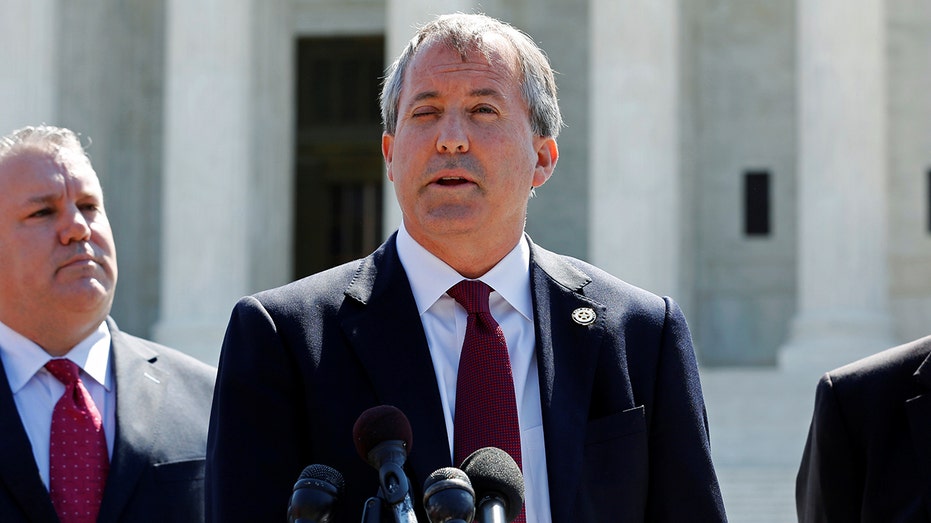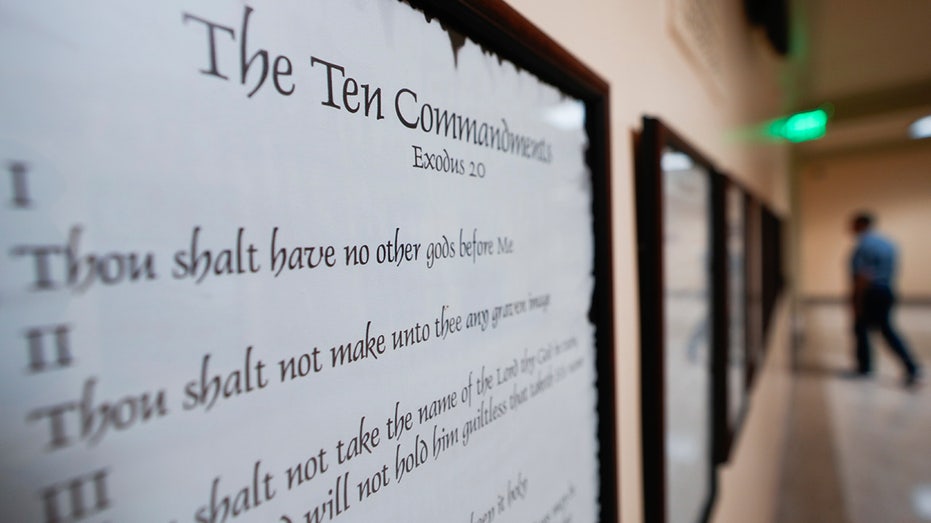The legal battle between Donald Trump and E. Jean Carroll took a dramatic turn Monday as Trump formally appealed the $5 million sex abuse verdict to the Supreme Court. The appeal hinges on a core argument: the absence of concrete evidence supporting Carroll’s claims, a point Trump’s legal team emphasizes with stark simplicity.
Trump’s filing asserts a critical timeline issue, highlighting the decades-long delay between the alleged incident and the accusations. He contends that Carroll, motivated by political opposition, waited over twenty years to level these charges, strategically timing them after he entered the presidency to inflict maximum damage and personal gain.
The original case, decided by a Manhattan jury in May 2023, centered on allegations made by Carroll dating back to the 1990s. She publicly accused Trump of rape in a Bergdorf Goodman dressing room, a claim he vehemently denies, dismissing Carroll with harsh criticism and questioning her character.

The jury’s decision was nuanced. While they found Carroll hadn’t proven the rape allegation, they did conclude that Trump had sexually abused her, specifically detailing an act of digital penetration. This distinction became a focal point of the subsequent legal maneuvering.
An appeals court subsequently upheld the initial $5 million judgment, rejecting Trump’s challenges to the lower court’s rulings. Judges affirmed that Trump failed to demonstrate any errors in the proceedings that would warrant a new trial, solidifying the financial penalty.
The legal complexities deepened with a separate defamation case brought by Carroll. In January 2024, Trump was ordered to pay a staggering $83.3 million in damages, a sum reflecting the severity of the jury’s findings regarding his public statements about Carroll.
Throughout the proceedings, Trump consistently sought to invoke presidential immunity, arguing that his statements were made while acting in an official capacity. However, these attempts were repeatedly rebuffed by the courts, leaving him exposed to the full weight of the legal claims.
Adding a layer of controversy, a segment from a CNN interview with Anderson Cooper resurfaced, featuring Carroll discussing rape in terms that Cooper found deeply unsettling, prompting an abrupt commercial break. The context and implications of these statements have become part of the broader narrative surrounding the case.
The case now rests with the Supreme Court, a venue where the stakes are exceptionally high. Trump’s appeal represents a final attempt to overturn the verdicts and potentially reshape the legal landscape surrounding accusations of sexual misconduct and defamation.





